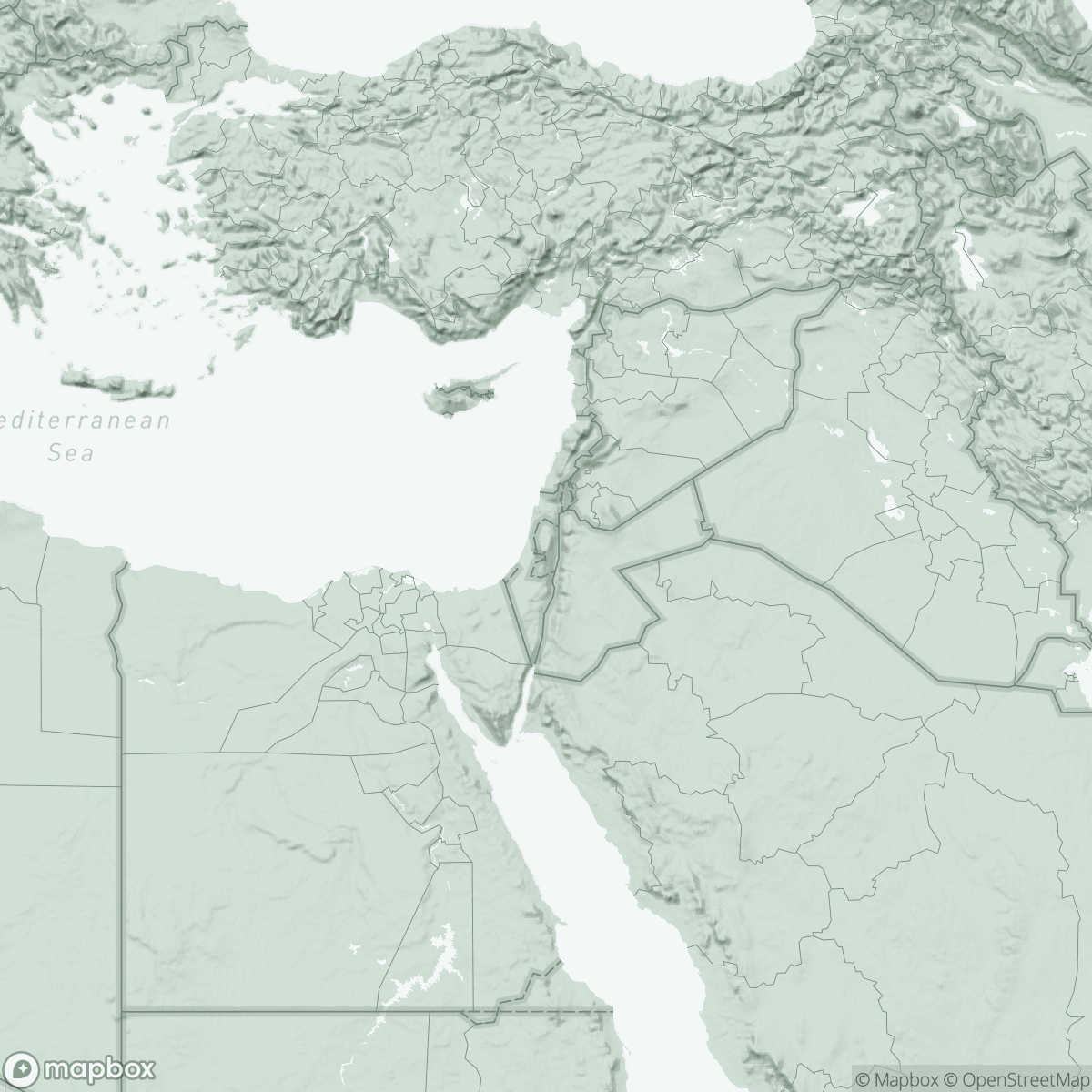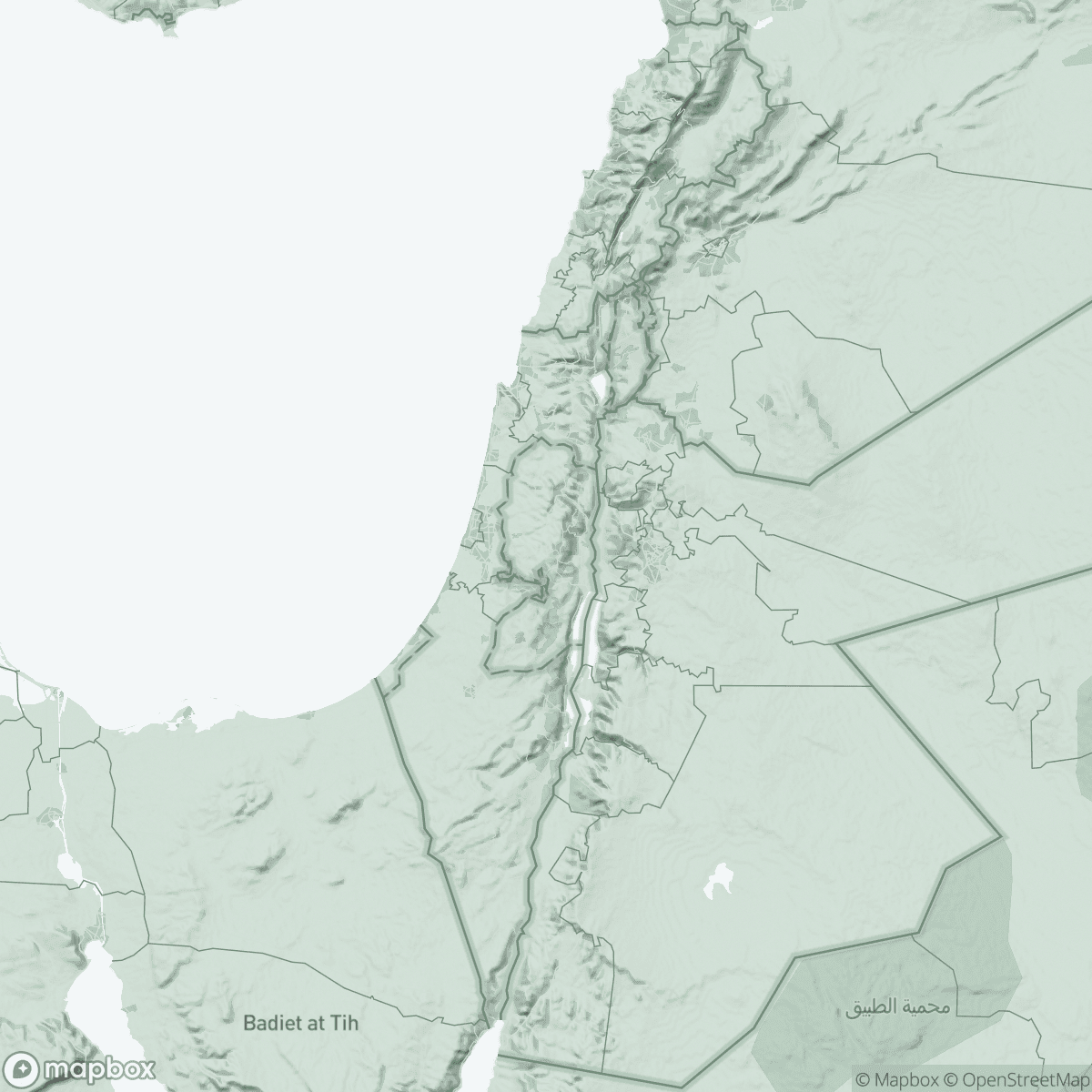
Living conditions in Gaza are putting the lives of Palestinian children and newborns at serious risk
In 1 click, help us spread this information :
From June to October 2024, MSF treated more than 10,000 children under 5 for upper respiratory tract infections at Nasser Hospital.
After more than one year of relentless war and destruction in Gaza, Médecins Sans Frontières (MSF) teams are witnessing how dire living conditions, attacks in densely populated areas, poor access to food, and repeated displacements are leading to severe health issues for Palestinian children, newborns, and mothers.
“We are treating infants who have infectious diseases, respiratory diseases, and skin diseases. Of course, we saw this before the war, but today we see it much more, and the figures continue to rise,” said Dr. Mohammad Abu Tayyem, an MSF paediatrician working at Nasser Hospital in South Gaza, where over 300 paediatric patients are treated every day. “We see overcrowding in the department, including children with acute pneumonia.”
MSF teams face an overwhelming number of patients: between June and October 2024, 3,421 babies and children aged under 5 were treated by MSF at the inpatient paediatric ward in Nasser hospital, with almost a quarter (22 percent) related to diarrhoea and 8.9 percent to meningitis. During the same period, 168 newborn babies less than 1 month old, and more than 10,800 children between 1 and 5 years old, received consultations in the emergency room of Nasser Hospital for upper respiratory tract infections. Moreover, around 1,294 children aged between 1–5 years old were admitted in Nasser for lower respiratory tract infection with around 459 pneumonia cases.

A year of war has decimated health system and access to care
In the so-called “humanitarian zone” where displaced populations are cramped, MSF provides neonatal, obstetric, and paediatric care at three Primary Healthcare Clinics (PHCCs) and in Nasser Hospital, which has one of the sole functional maternity wards in the south of Gaza.
Of the 36 hospitals in Gaza, only 17 remain partially functional as of November 19 (OCHA).
Mothers in Gaza are taking risks when bringing their newborns and children to the few hospitals and health centres still available. They are forced to travel long distances on unsafe routes on foot or by animal cart, in dusty and densely populated areas, to reach medical facilities. This journey exposes children and newborns to more danger of being attacked and puts them at high risk of health complications. Even after receiving treatment, newborns and children return to unsanitary living conditions, which in turn leads to a deterioration of their health conditions and ability to heal properly.
Faced with inadequate living conditions, shortages of hygienic products and food, and under constant stress, significant number of mothers - themselves malnourished - give birth to premature babies and increase the risk of postpartum complications. This crisis is further worsened by the acute shortage of essential medical and non-medical supplies in the health facilities and hospitals.
Colder temperatures bring new health risks
Families are living in crowded tents or under plastic sheeting and mixed fabrics, with lack of access to clean water, sanitation, hygienic items including soap and other basic needs. Conditions are worsening with the upcoming winter and dropping temperatures, increasing risks of diseases such as skin and respiratory infections, scabies, acute diarrhoea, and viral infections, especially among newborns and children.
In addition to that, the rise in prices due to the drastic reduction in aid entering the Gaza strip, the people are not able to afford a nutritious food, which is already insufficient to meet the needs, leading to malnutrition especially in infants and children.
Unhindered humanitarian aid into Gaza is a crucial solution to alleviate the suffering of people trapped in the strip.
It will allow to improve the lack of essential live saving medical and non-medical supplies for the communities including newborn, children and mothers.
“I have no diapers for my son”, says Yasmin, a mother whose son is being treated in Nasser Hospital. “I do not even have suitable clothing for him; I must use a plastic bag, and this exposes his skin to more infections and rashes. Living in a tent is exposing my children to extreme conditions, and they are sleeping without even a proper bed.”

“This period has been very difficult and long. It has been over a year now since the beginning of the war, and it has affected everyone greatly, especially the children who are in the growth stage,” says Dr. Abu Tayyem. “This has been due to the lack of nutritious food and essential nutrients, which has impacted on the newborn’s and children's health and building immunity, making them more vulnerable to the infectious diseases.”
Yasmin says:
“My son is always coughing. I spend most of my time in the hospital. My son doesn’t laugh, doesn’t play, doesn’t drink milk. He sleeps all the time. The doctor says we must keep him away from fire [to help prevent the coughing], but how could we? Everything is cooked on a fire.”
To respond to ever-increasing medical needs, In Khan Younis, South Gaza, MSF teams support the paediatric department at Nasser Hospital, including the emergency room (ER), paediatric intensive care unit (PICU) with nine beds and the newborn intensive care unit (NICU) with 23 beds.
MSF’s activities in paediatric, neonatal and obstetric care are just a drop in the ocean of high medical needs in Gaza. An immediate and permanent ceasefire in Gaza is the only solution to ease the suffering of the Gazan population and guarantee access to healthcare and humanitarian aid.



